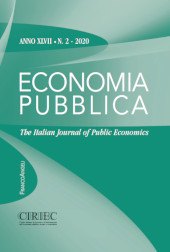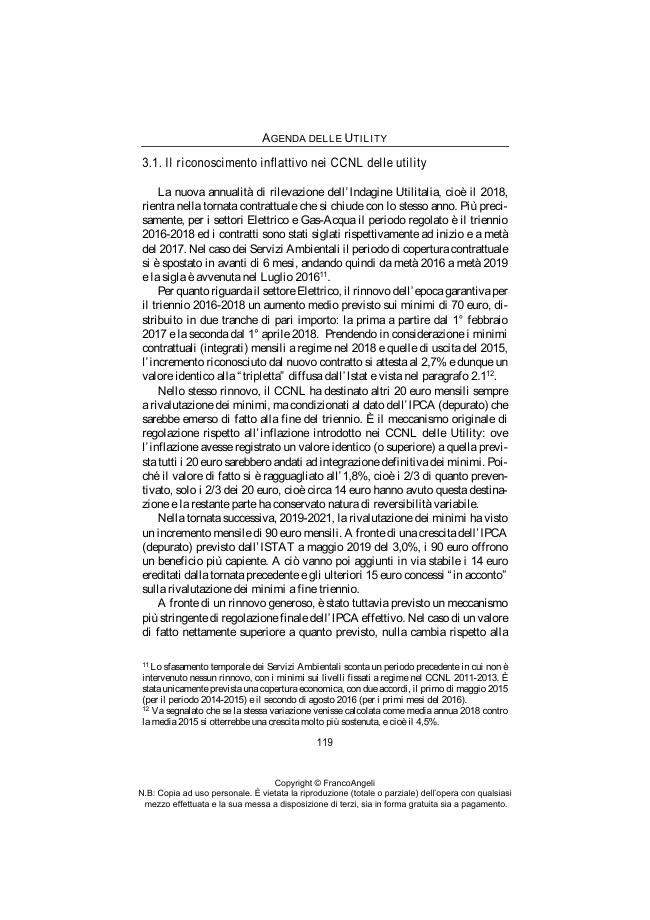Regolazione salariale e sistemi retributivi : il caso delle Utility in Italia
105-133 p.
Great Recession has put pressure on wage regulation systems in Italian industries, creating a significant differentiation that leaded to a divergence in terms of wage dynamics, which contrasts with the common trend recorded in the previous decade. At the same time, with the new mechanism linked to the net HICP and introduced in 2009 to regulate contractual renewals, there has been a constant overestimation of future inflation. In assessing this evidence, should be considered not only the alleged escaped risks of a deflationary spiral, but also the actual risks that have arisen in terms of competitiveness deficits. In this paper, the authors explore wage regulation in a long-term perspective, analyzing trends over the past twenty years. Limits and potentials of national statistics are underlined, showing the advantages of further sectoral surveys.
This is the case of the survey issued by Utilitalia (Industrial Association of Public Utilities), used here to analyze pay systems on three economic sectors of primary interest: Electricity, Gas-Water and Environmental Services. It is also an example of how detailed data can be used to create a management tool for companies. [Publisher's text].
Ist Teil von
Economia pubblica : XLVII, 2, 2020-
Artikel aus derselben Ausgabe (einzeln erhältlich)
-
Informationen
ISSN: 1972-5566
KEYWORDS
- Differenziali retributivi, contrattazione nazionale e integrativa utilities
- Wage differentials, collective bargaining, utilities



